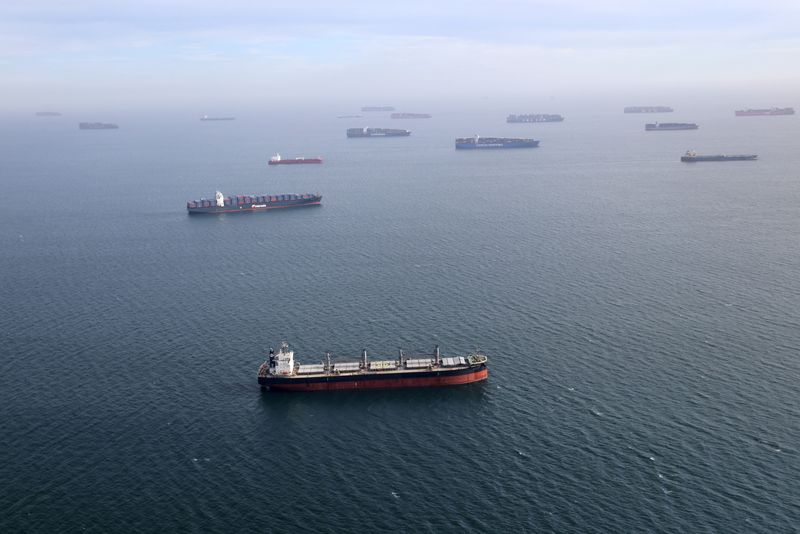By Shariq Khan
NEW YORK (Reuters) – Last month’s CrowdStrike (NASDAQ:) IT outage that grounded dozens of flights created new problems for California’s fuel market, forcing U.S. traders to stockpile jet fuel destined for the state on water tankers, storage broker The Tank Tiger told Reuters this week.
The outage exacerbated existing restrictions on petroleum storage in California, where policies aimed at ending fossil fuel use have made it harder to build new oil and gas infrastructure.
“When it comes to storing petroleum products in California, the inn has been out of space for a number of years,” Ernie Barsamian, founder of U.S. terminal storage clearinghouse The Tank Tiger, said Wednesday.
But California’s location on the US west coast makes it a major oil trading center, keeping demand high. That exposes the region to major fuel price shocks during periods of disruption, such as IT outages or refinery problems.
“Despite prevailing demand, permitting new storage tanks (in California) is a cumbersome process,” Barsamian said. As a result, storage costs in California are twice as high as those of trading centers in the Port of New York or Houston, he said.
California’s Certified Unified Program Agency, responsible for implementing the state’s Aboveground Petroleum Storage Act Program, did not immediately respond to a request for comment.
When flights were grounded in July, the unconsumed jet fuel could not find a home in California and had to be moved to locations on the water off the coast of Houston and New Orleans, Barsamian said.
Traders only use ships for storage as a last resort when land storage is full or unavailable, because keeping the ships in use longer delays their voyages, tightens the market and increases costs.
Stockpiles of jet fuel in onshore tanks along the US West Coast rose to more than 12 million barrels in the week ending July 26, a record high. The CrowdStrike outage began on July 19.
Strong demand for the product has led to a significant increase in West Coast imports this year, according to analysts at ship tracking service Kpler. As a result, inventories have remained higher than normal this year.

West Coast imports from within the U.S. and abroad averaged about 135,000 barrels per day this year, up about 25,000 barrels per day from last year, Kpler data show.
West Coast jet fuel inventories stood at 11.8 million barrels last week, up nearly 28% from last year.


